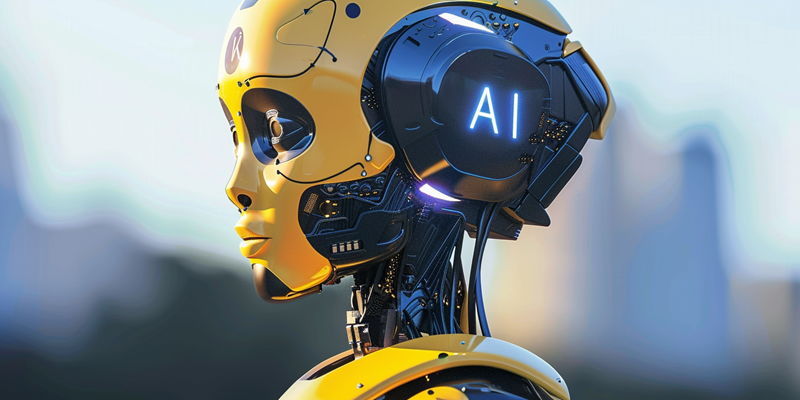In the rapidly evolving landscape of Enterprise Resource Planning (ERP), the integration of generative artificial intelligence (AI) is not just an upgrade; it’s a revolution in the making. Cutting-edge ERP vendors are swiftly incorporating this technology, offering their clients sharpened insights, precise document drafting, and keen financial reporting abilities. The common thread that stitches this innovation into success for organizations is the necessity for contemporary systems—without the foundation of advanced technology, the potential of generative AI in ERP environments remains untapped and distant.
Foremost industry experts emphasize the substantial promise that generative AI brings to ERP. Still, they also sound a note of caution: practical implementation isn’t plug-and-play. It requires businesses to assess their existing tech stacks meticulously and to consider the cost-benefit angle that has, so far, been nebulous. As vendors continue to define the practicalities of these AI integrations, critical analysis of whether these advanced tools sync seamlessly with existing workflows and infrastructures is paramount for success.
Crafting a Future with Generative AI
Imagine an ERP system where financial narratives write themselves, payment notices are autonomously generated, and user information within ERP is synthesized effortlessly. These are not future possibilities but evolving realities. Generative AI’s role in crafting test scripts, for instance, is blossoming within ERP environments, signaling a profound change in how businesses approach data analysis and administrative tasks. It’s a growing landscape, rich with opportunities for automation and enhanced accuracy that could redefine the touchstones of effective resource planning.
Yet, this novel terrain is not without its challenges. According to Affirma Consulting, nearly half of business leaders express hesitation, confessing their companies may not be fully equipped to wield the power of real-time data and complex analytics that generative AI necessitates. The mantra for successful AI implementation has thus become centered around a robust data strategy. Without it, as Liz Herbert from Forrester points out, the risk is high for “garbage in, garbage out”—essentially, inadequate groundwork could precipitate ineffective AI integrations, wasting potential rather than harnessing it.
The Road Ahead for Generative AI in ERP
The integration of generative AI into Enterprise Resource Planning (ERP) systems marks a transformative era. Progressive ERP vendors are rapidly leveraging this advanced AI, delivering enhanced analytical insight and superior financial reporting. For organizations, the real game-changer lies in the synergy between cutting-edge systems and generative AI – the latter’s potential is unrealized without the former.
Top industry experts recognize generative AI’s vast potential within ERP while also advising caution. Effective deployment goes beyond mere installation – it demands a thorough assessment of current technologies and discerning the unclear cost versus benefit aspects. As ERP vendors further delineate how AI fits within these systems, ensuring these innovative solutions mesh with established processes and infrastructure is essential in achieving the desired outcomes. This scrutiny is critical to unlocking the benefits that generative AI promises in the realm of ERP.

